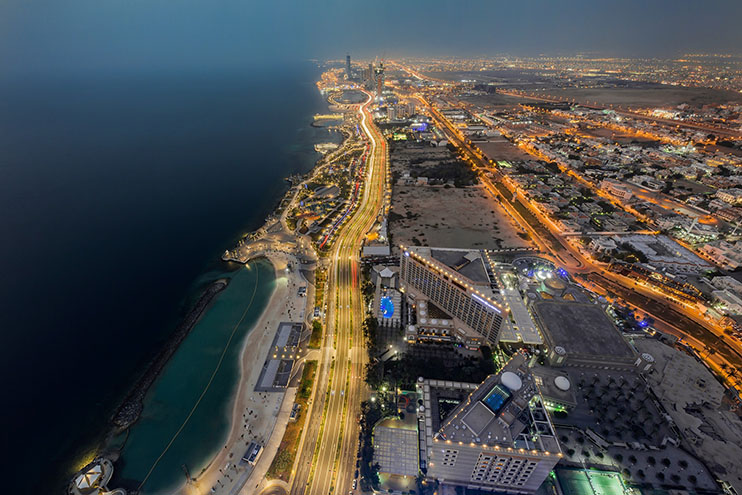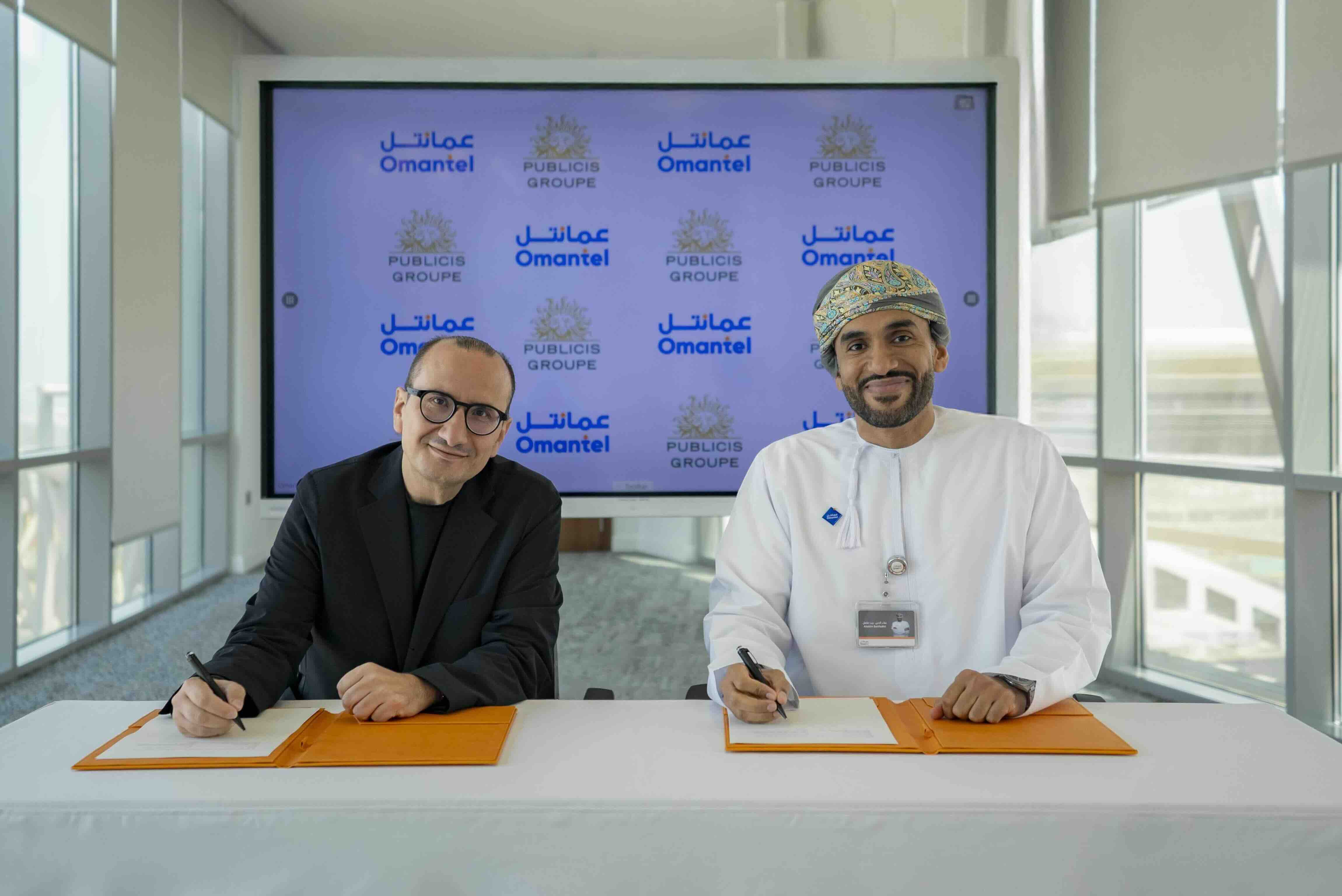News - News In Brief
KSA residential sector is expected to see a shift towards rental says JLL
July 21, 2020
.jpg) Advertisement
AdvertisementSaudi Arabia’s real estate sectors remained soft during quarter two, although the residential market remained somewhat active and saw several key projects delivered across the Kingdom’s major cities, according to JLL’s 2020 mid-year review report.
The report, however, highlighted that in the short-to-mid-term, delays in the handover of projects can be expected, as the higher VAT imposed (effective 1st July) is expected to increase the cost of residential developments and sale prices.
To counter the impact, the Minister of Housing has agreed to absorb the increased VAT for first time buyers on unit's worth SAR 850K or less, in an effort to stimulate demand for the affordable housing segment in Saudi Arabia.
“A reprioritisation of household spending will continue, and we expect to see a shift towards the rental market as it becomes comparatively more attractive and cost competitive. This could see performance trends reverse, whereby sale prices begin to slowdown and rental rates will pick up in the longer-term,” said Dana Salbak, Head of Research for JLL MENA.
“The increased VAT could also potentially drive land prices down from their current inflated levels. If developers are unable to buy land at current rates, the market would balance itself at lower levels of land pricing. Ironically, an increased tax could therefore actually benefit developers by reducing their overall cost of development,” she continued.
The Kingdom's office sector saw a downward pressure on rental rates, with the commercial hub of Riyadh continuing to perform better than other cities. Looking ahead, many corporates will be focusing on alternative ways to optimise and streamline workspaces to include a shift into smaller, fitted-out units, allowing for a reduction on capital expenditure, particularly in light of the VAT.
“This could present an opportunity for new market entrants who offer co-working spaces, virtual offices and meeting room rentals,” said Salbak.
The retail market across the Kingdom is expected to remain in the downward cycle due to the VAT increase and the suspension of public sector allowances, which further fuels contractions in consumer spending, particularly in the food and beverage market. The entertainment market, however, is still growing in Saudi Arabia, with demand exceeding the available supply. This is likely to minimize the impact of additional costs due to the VAT over the short to medium term.
Stringent precautionary measures and the ongoing suspension of international air travel continued to impact Saudi Arabia’s hotel sector in Q2 2020. However, given the significance of the tourism industry to the Kingdom's diversification efforts, the Ministry of Tourism launched a USD 4 Billion (SAR 15 billion) tourism development fund aimed at supporting the development of various mega-projects and finance for investors. This is expected to drive the construction sector and ensure the delivery and development of hotels in Saudi Arabia in the long-run.



.jpg)










